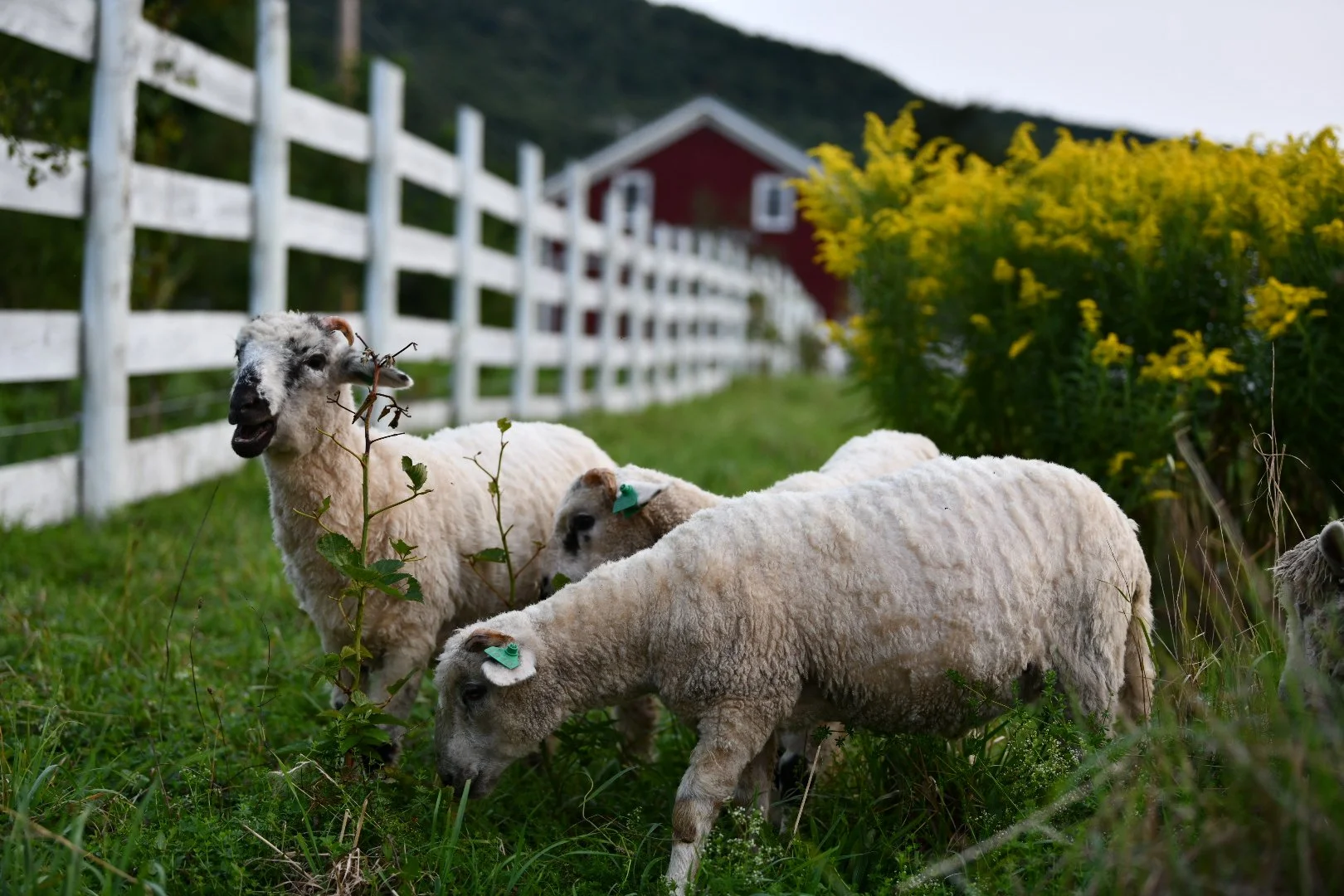Valais Blacknose x Teeswater x Shetland fleece - Wolfie





Valais Blacknose x Teeswater x Shetland fleece - Wolfie
Valais Blacknose x Teeswater x Shetland sheep fleece with Merino wool backing. This fleece is from our very sweet Wolfie! He has a thick curly fleece that glows in the light and is super soft to the touch.
Wolfie has always been the shyest sheep in the flock. He keeps his distance from strangers (he’s truly SHEEPISH) but has just recently warmed up to me and now always demands cuddles when I’m out in the pasture!
Size: 2 x 2.5 Feet
Medium-Long staple length curls.
We were lucky to acquire a few of these somewhat rare, and incredibly sweet sheep here at Echo Orchard. They arrived in September of 2020 from Wing & A Prayer Farm in VT. Valais Blacknose sheep not only produce amazing fiber, but are quite friendly (and extremely cute). These sheep were introduced to the United States just a few years ago! More can be read on the breed below.
For centuries, the Valais Blacknose sheep were found only in Switzerland on the remote snow-covered peaks of Valais. Although the sheep are believed to have existed since the 15th century, it became a breed recognized by the Swiss Sheep Breeding Association in the mid 1960’s as the Walliser Schwarznasen or Valais Blacknose because of its unique markings.
The Blacknose Sheep Association of North America was formed in 2017 to support the introduction of the breed to the United States and record the offspring of the breed up programs already in progress.
Wolfie is also part Teeswater. Teeswaters have been flagged by the Livestock Conservancy as “Critical” meaning there are not many left - and if we don’t create a demand for their wool, they could go extinct. More can be read on the breed via the Livestock Conservancy below.
The Teeswater sheep breed was developed in the Teeswater region of England. In the 1920s the breed was faced with near extinction. The lustrous, low-lanolin, kemp-free fleece of the Teeswater is appreciated by hand spinners for its staple length and fine, long curly locks. Fiber growth is up to one inch per month with little to no cross fibering.
Teeswater sheep were imported to the United States in the 1800’s but lost popularity due to importation of other long wooled breeds.
